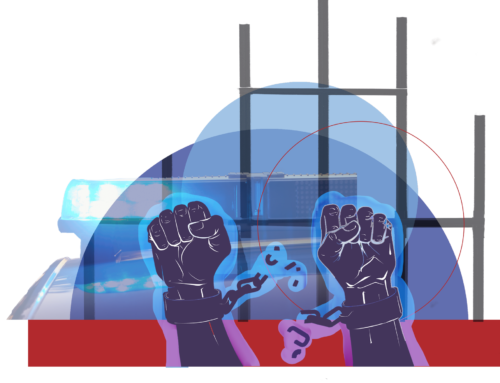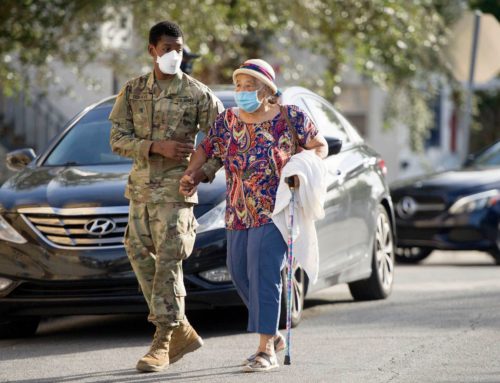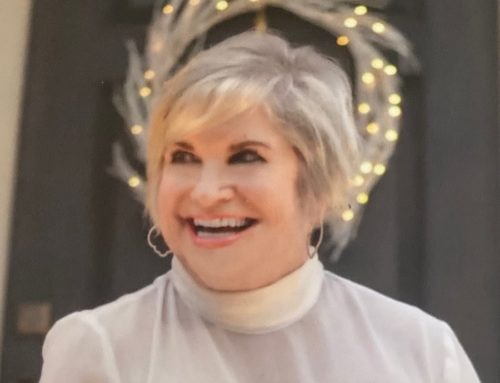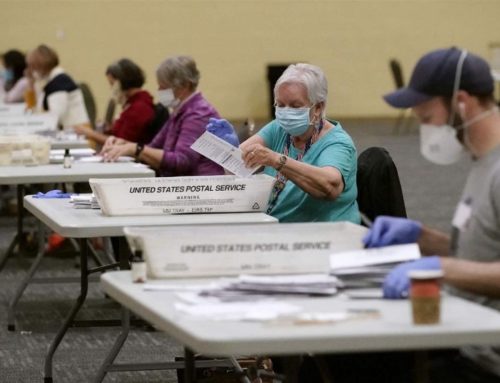We pride ourselves on producing some of the most in-depth public opinion research on attitudes about race and equity in the American South.
Today, E Pluribus Unum released the results of a recently-conducted 1,800-person survey (600 Black respondents, Latino respondents and white respondents each) to track attitudes on race, class and equity, as well as pertinent national issues and policies.
This is the third in a series of surveys by EPU focused on the region, the first of which was released in October 2019, nearly one year ago. A second survey with a focus on the coronavirus pandemic was released in June 2020.
What did we learn?
On the eve of the 2020 election, the racial divide in the American South is very clear and serves as a stark reminder of the challenges facing our country. From policy priorities to views on police reform and systemic racism, Black, white and Latino residents hold very different perspectives that shape the challenges facing the United States. This is not new. And we know from EPU’s ongoing work that common interests and compassion do exist across race, but the data underscore the hard work that needs to continue as America enters a new chapter.
While our June 2020 survey found major shifts among white Southerners on issues related to systemic racism in the wake of the pandemic’s disparate impacts and the murder of George Floyd, this survey finds that some attitudes have reverted to previously held views. Meanwhile, Black respondents express increased concerns over race relations and national priorities.
This survey, taken as voting begins across many Southern states, found that the stark racial differences on attitudes toward racism, policing and other issues get blurred when taking partisanship into account. Democrats across race share common views, and the same holds true for Republicans across race. That is, Black Democrats have similar attitudes to white and Latino Democrats, and white Republicans have similar attitudes to Latino Republicans. Educational attainment is another demographic where the racial divide narrows but not nearly as much as party identification.
Despite the many divisions and clear challenges to bridge racial differences, the survey does reveal some hopeful trends to build upon, including notable movement across all three racial groups on how U.S. leaders should approach the pandemic recovery and racial inequities. These are findings we can build on as we seek to close these gaps in the months and years ahead.
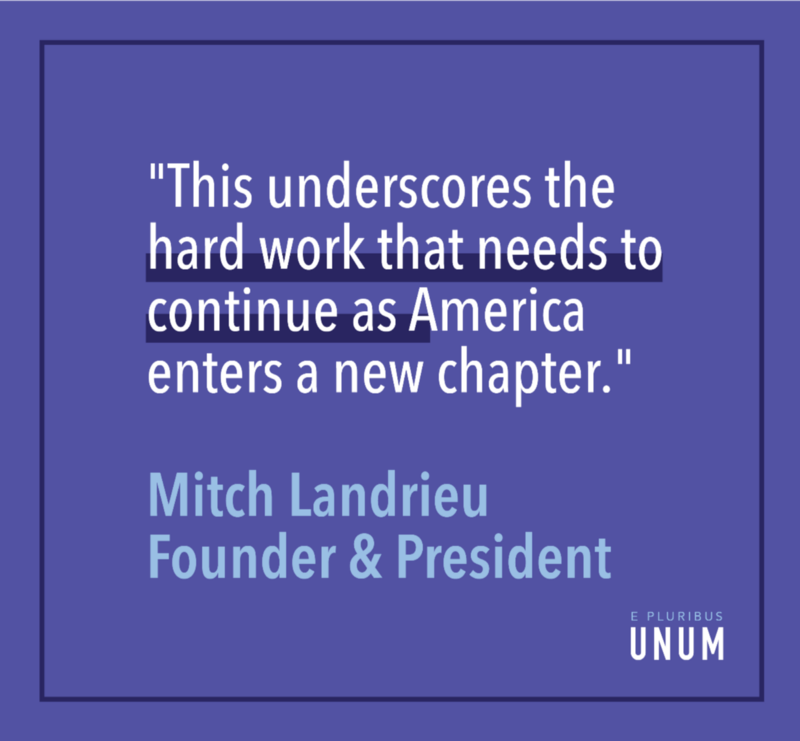
Get the results from our survey here.
This data is just another reminder of how far we have to go to change hearts, minds and systems.
Just as our Divided by Design report and our findings from the road have deeply impacted our work, so too will these new findings.
We remain more committed than ever to bridging the divides that exist in the South and throughout our country.
Best,
Mitch Landrieu
Founder & President, E Pluribus Unum
Truth. Action. Reconciliation. Conversation Series
We’ve now wrapped two parts of our conversation series, truth and action, on how we move forward together to address the issues that surround race and equity in the South. Catch up on the series by watching online.

